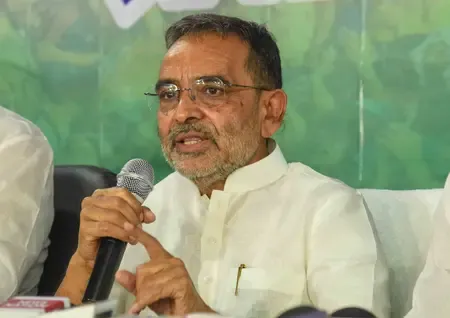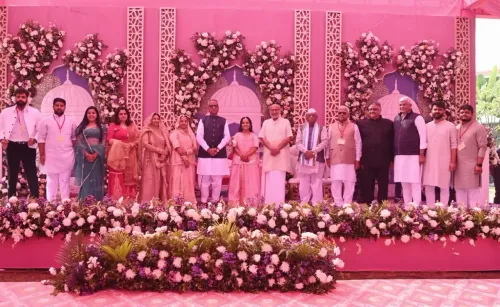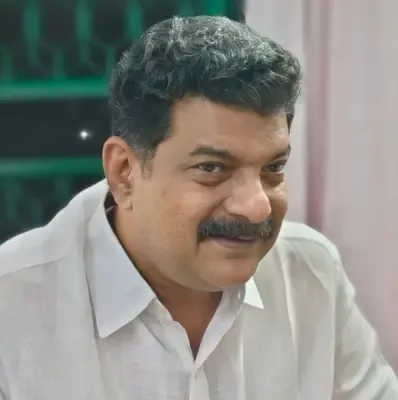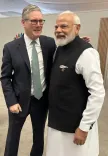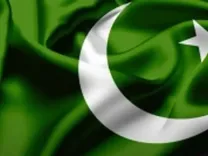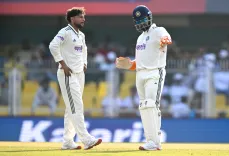Could PM Modi's Emergency Meeting Signal a Major Offensive Against Terror?
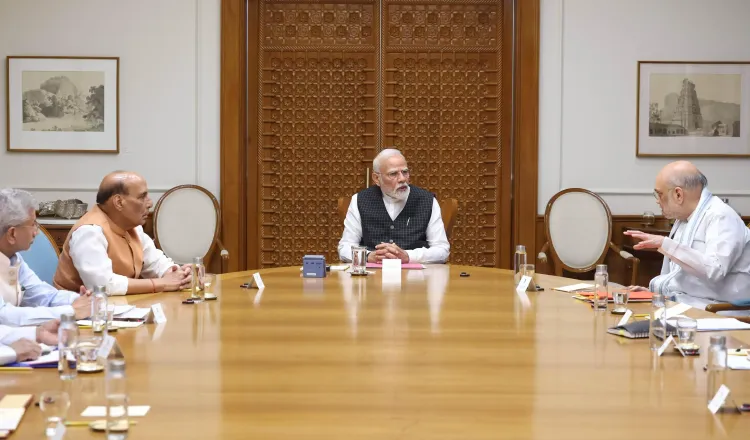
Synopsis
Key Takeaways
- Emergency meeting convened by PM Modi with defense leaders.
- Focus on responding to the Pahalgam attack.
- Strategies to combat cross-border terrorism are being evaluated.
- Military forces are on heightened alert across the Line of Control.
- Increased surveillance on terror launchpads in Pakistan-occupied Kashmir.
New Delhi, April 29 (NationPress) In a significant move that could alter the course of India’s battle against cross-border terrorism, Prime Minister Narendra Modi is convening a crucial security meeting with the nation's top defense officials, igniting intense speculation about a forthcoming, decisive offensive against terror organizations operating from Pakistan.
This urgent assembly includes Defence Minister Rajnath Singh, National Security Advisor Ajit Doval, Chief of Defence Staff General Anil Chauhan, along with the Chiefs of the Army, Navy, and Air Force.
Sources familiar with the situation have described this gathering as “extraordinary in urgency and nature,” occurring just days after the horrific Pahalgam terror attack that resulted in the deaths of 26 innocent individuals, primarily tourists.
Insiders indicate that the meeting's agenda involves assessing actionable intelligence and evaluating a variety of military and strategic options focused on dismantling terrorist infrastructure across the border. Organizations based in Pakistan, such as Lashkar-e-Taiba, which is believed to have orchestrated the Pahalgam massacre, are under intense scrutiny.
In response to the Pahalgam incident, India's military forces have been placed on heightened alert, with specific units along the Line of Control and the international border in an operational readiness mode.
Surveillance drones, satellite imagery, and electronic monitoring efforts have been rigorously tracking terrorist launch sites throughout Pakistan-occupied Kashmir.
This high-stakes meeting follows a series of bold actions already initiated by the government, including the suspension of the Indus Waters Treaty and the expulsion of Pakistani nationals holding short-term visas.
The Prime Minister had previously pledged to pursue every terrorist and their supporters “to the ends of the earth.” The meeting on Tuesday is viewed as the initial step towards fulfilling that commitment.
While official remarks remain cautious, the atmosphere in Delhi is undeniably tense yet determined. The nation now waits as the focus sharpens on those responsible for the Pahalgam tragedy. A powerful response may be imminent.


